Country Girl, The (1954)
“They all start out as Juliets and wind up as Lady Macbeths.”
|
Synopsis: |
|
Genres, Themes, Actors, and Directors:
Review: At first, Kelly’s performance is reasonably impressive, given that she does bravely (?) allow herself to be completely stripped of all charm and appeal (not to mention make-up), and convincingly embodies her character’s deeply held bitterness; but her portrayal ultimately emerges as one-note — and the film itself is such a troubled vehicle that it’s impossible to ever fully engage with her dilemma, or feel any genuine sympathy for her. At its heart, The Country Girl is a tale of corrosive misogyny, with Holden’s cynical, divorced director so embittered by his own past romantic challenges that he seems to be questioning the utility of women in general — as evidenced in the following disturbing quotes:
It’s up to Kelly, naturally, to convince Holden that all she’s ever wanted was for her husband to succeed — in other words, that’s she’s a good 1950s wife rather than a shrewish impediment to his happiness. To say more about this evolution would give away spoilers — but suffice it to say that both her character arc and Holden’s feel palpably calculated. Meanwhile, Crosby provides the film’s only truly sympathetic performance: Seemingly unafraid to present his character as the complex and conflicted individual he is, his cripplingly insecure Frank Elgin comes across as all too authentic and pathetic. Redeeming Qualities and Moments: Must See? Links: |
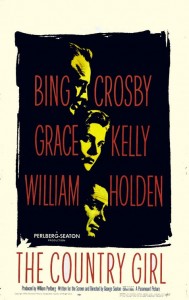
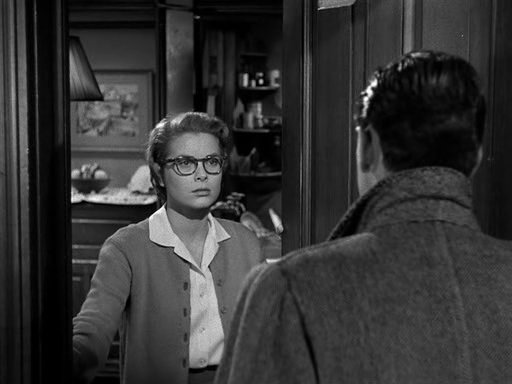
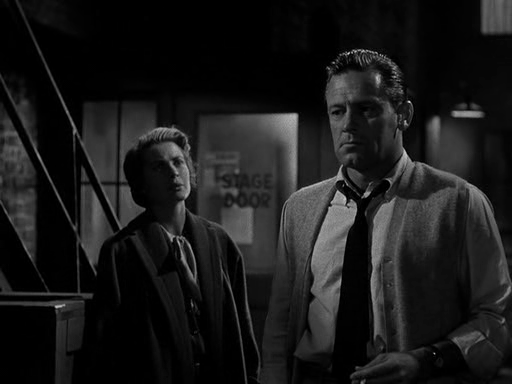
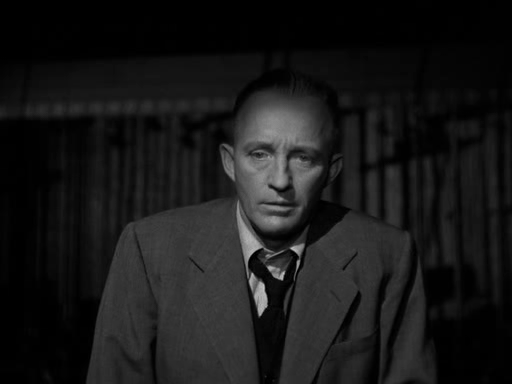
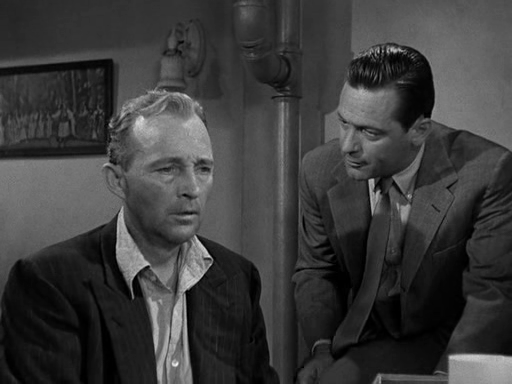
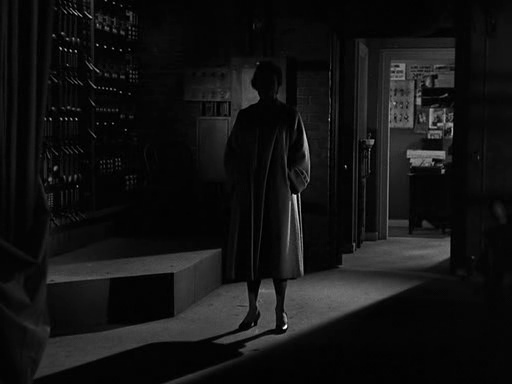
One thought on “Country Girl, The (1954)”
Not a must. This is one of those that I’ve seen in the past and would never go near again. A good part of the reason for that is that a rewatch serves to remind that Kelly got the Oscar for a vastly inferior performance compared to Garland’s in ‘A Star is Born’ – which, on a revisit, *never* fails to impress and enrich (and, no, I’m not just saying that because I’m gay – LOL). Another main reason is that I just don’t think ‘TCG’ is memorable-enough anyway. In going through Peary’s lists like this, I’m willing, of course, to watch the titles I haven’t seen and go back to many of the ones I have seen in order to firm up my thoughts on them. But my thoughts on ‘TCG’ are already pretty firm. It’s too largely forgettable to return to and not important-enough to recommend.